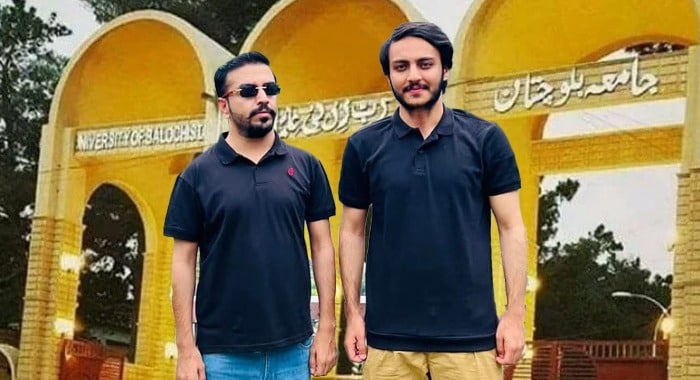The recent killing of Sufyan Kurd and Rashid Buzdar, militants affiliated with Fitna al-Hindustan or the Baloch Liberation Army (BLA), in a security operation in Nushki, has once again exposed a troubling truth: terrorism is not merely the product of poverty or underdevelopment, it often stems from a deliberate ideological agenda.
Both young men were educated and had access to opportunities. Yet, they were drawn into a violent separatist narrative that turned them against the very state and homeland they were part of.
Universities: The Quiet Nurseries of Radical Thought
Militant organisations have long understood that the true war is not waged with weapons alone, but with ideas. That is why their propaganda roots run deep in educational institutions. What was once considered healthy student activism has, in some campuses, become a cover for radical infiltration.
Phrases like “national rights,” “freedom,” and “political struggle” are weaponized to recruit the disillusioned. Hostels and student unions become breeding grounds for a dangerous narrative of victimhood and rebellion, often introduced under the guise of political awareness and intellectual debate.
Gradually, students are fed anti-state rhetoric, infused with mistrust, alienation, and a glorified notion of martyrdom. Once emotionally and ideologically manipulated, these youths are funneled into extremist ranks under the banners of “sacrifice” and “resistance.”
Brainwashing: The Hidden Weapon
Modern extremist groups understand that ideology is the new battlefield. They convince young people that the state is their oppressor, their identity is under siege, and that liberation can only come through armed resistance. It was this very narrative that consumed the lives of Sufyan Kurd and Rashid Buzdar, young men who might otherwise have contributed to society.
The Role of the State and Society
The deaths of these militants raise a critical question: How do we protect our campuses from ideological subversion? The answer lies not just in surveillance or crackdowns, but in reclaiming intellectual space.
Universities must promote healthy student politics, encourage open debate, and provide platforms for critical thinking grounded in constitutional values, patriotism, and social responsibility. Curricula and co-curricular activities must focus on intellectual resilience, so students can detect and reject extremist propaganda on their own.
Unless educational institutions are fortified ideologically, terrorist groups will continue to exploit them, not just to recruit fighters, but to manufacture mindsets.
The story of Sufyan Kurd is a painful reminder: when minds are lost, winning the battle of bullets becomes meaningless. The fight for national security must begin in the classroom, not just the conflict zone.





